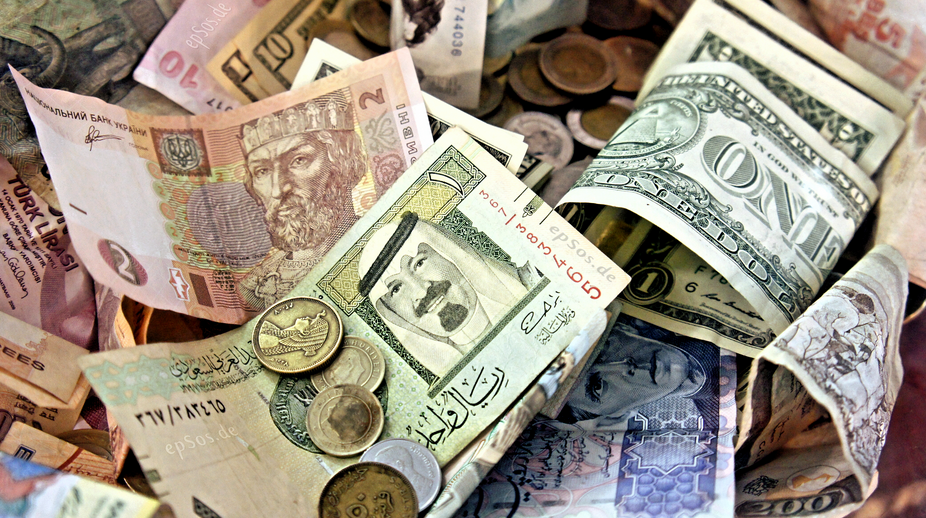Managing your finances doesn’t just mean planning in the long-term. It also includes catering to the financial needs in the short term. While your routine expenses are covered by your regular income, managing the unforeseen emergencies is the tricky part. Everyone should have an emergency fund set aside to meet the financial emergencies effectively. Financial emergencies include dealing with health problems, meeting your financial needs in case you lose your job, etc. Below are the tips for the creation and maintenance of an emergency fund:
Decide Upon the Purpose of Emergency Fund
Deciding on the purpose for which you want to create an emergency fund is very important before you decide upon anything else. People face different kinds of emergencies which is dependent upon many factors. Persons with a poor health record are more likely to end up with health related emergencies. Similarly, people working in sectors which are quickly impacted by economic crisis like IT and financial services are more likely to face job related emergencies. Proper understanding of the type of emergency that a person is more likely to face will help in deciding upon the size and the form in which their emergency fund needs to be created.
Decide Upon the Size of the Emergency Fund
The second step in the creation of an emergency fund is deciding upon the size of your emergency fund. If the emergency is related to your healthcare needs, factors like the cost of health care services in the country where you live, your medical insurance coverage, and your past health record should be kept in mind while deciding upon the size of the fund. For meeting other types of emergencies, financial experts generally recommend an emergency fund which is three times to the value of your monthly earnings.
Don’t Park your Emergency Funds in Volatile Assets
Emergencies can happen at anytime and you need to be prepared for them. The value of your emergency should not fluctuate wildly. In other words, the financial assets in which you put your emergency funds should remain reasonably stable irrespective of the economic conditions. Value of financial assets like stocks and mutual funds keep fluctuating wildly depending on the market conditions. If the value of the financial asset where your emergency fund is parked falls suddenly, you may not be able to meet your emergencies properly. Relatively stable financial assets like bonds, bank deposits, and money market mutual funds are the best bets to park your emergency funds. Emergency fund should also be parked in financial assets which are safe. Bank deposits are insured up to certain amount in many countries. But caution is advised regarding other financial assets. It is a wrong impression that bonds are totally risk free. Bonds too have risks like default risk and interest rate risk which can lead to a significant erosin in their value.
Emergency Fund Should be Liquid
The financial assets in which you park your emergency fund should be liquid. Never park your emergency fund in illiquid financial assets like long-term tax free bonds. Both bank deposits and money market mutual funds (in the dematerialized form) can be quickly liquidated in a matter of 0-4 days. If you want to put a part of your emergency fund in the form of Gold, it is better to do it through Gold Mutual Funds or Gold ETFs. Holding gold or any other commodities in physical form brings in additional risks related to security and liquidity.
Emergency Fund Should Give Decent Returns
Rise in the prices of healthcare services or any other product/service is a norm in any economy. Financial assets where you park your emergency funds should also keep growing along with the rising prices. Growth in your emergency fund should exceed the inflation rate or at least keep up with it. Savings deposits and some kind of funds have very low yield rates and may give negative inflation adjusted returns in the long-term.









